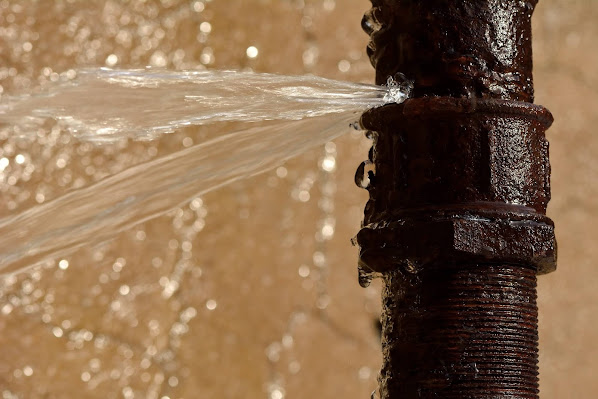Do I Need A Home Warranty And Homeowners Insurance?
Home insurance and home warranties provide us with peace of mind and protection against financial harm due to something happening to our home. They differ when it comes to the type of protection they offer. Home insurance usually applies when a natural disaster strikes your house. A home warranty is involved when something mechanical fails within your home, such as an appliance or home system.
Homeowners Insurance
For those natural or man-made disasters that can cause major damage to your home and its mechanical systems, there’s homeowners insurance. Unlike home warranties, homeowners insurance is generally required by your mortgage company and a policy cannot be transferred from one owner to another. It usually covers and provides payouts for events that are out of your control like freezes, tornadoes, hurricanes, fires, floods, and theft. A typical insurance policy covers both the physical structure of your home and your personal belongings that are inside of it. According to the Federal Reserve Bureau, the average annual cost for homeowners insurance ranges from $300 to $1000.
If the pipes in your house burst and flood your kitchen, you would call the insurance company and file a claim. An adjuster will then come to your home and assess the damage or loss to determine how much the company will pay. Once the claim is approved, you will need to pay your deductible. Then the insurance company will issue you a payment for the rest of the cost to repair any damages due to the flood. Usually, the higher your deductible, the lower your annual premium for your insurance policy will cost. Homeowner's insurance can also protect homeowners from any lawsuits involving the third party. For example, if your neighbor comes over to your house and slips and falls, breaking his or her leg, and decides to sue you, your home insurance may address this claim.
When buying an insurance policy, homeowners need to research which hazards and disasters are covered and which aren’t. The installation of a new roof, storm shutters, security alarm systems, deadbolt locks, and smoke detectors may reduce the annual premium for some homeowners. The location of a home may also directly affect which types of disasters are covered on a policy. It is also important to find out if the insurance will cover living expenses in the instance where the house is completely destroyed or deemed unusable due to a fire, for example. Lastly, homeowners should research if the policy will pay the full cost of repair due to a destroyed property or just a portion.
Homeowners insurance usually covers:
- Theft and vandalism
- Tornadoes, hurricanes, or earthquakes
- Floods, fires, windstorms, lightning, hail, or falling objects like a tree
- Personal property
- Liability claims from third-party injuries that take place on your property
- Living expenses if your home is deemed uninhabitable
A home is a major investment whether you are buying your first house or selling your old one. A whole-home warranty plan can be beneficial and protect assets for both buyers and sellers. Sellers can use home warranties as an extra incentive for potentials buyers. If a buyer purchases the house, they not only own the home, but they also take over the warranty for the home. Home sellers may pick up the tab of a home warranty during the first year of coverage. Having a home warranty is a competitive way for a seller to separate their listed home from others on the market. Homes with an existing home warranty plan usually sell faster than homes without one. A warranty also protects sellers from unexpected repairs of major appliances during the listing period and it reduces any pre-close issues related to the home inspection during the home buying process. Lastly, home warranties offer protection against any after-sale legal disputes.
Benefits For Home Buyers
Buyers, especially those of older homes, often use home warranties in the event that an appliance may breakdown and need a repair within the first year or so of homeownership. For buyers, after spending a large amount of money on their home, they receive protection for their appliances, as well as repairs and replacements for older home systems. Many homeowners are on a budget after purchasing a home so a home warranty protects the money they have leftover by covering unexpected repair costs that may arise. Home warranties are also convenient for home buyers. Calling a reputable warranty company that provides a network of licensed and pre-screened professionals instead of finding a repairman yourself is easier, saves time, and eliminates the risk of hiring an inexperienced repairman to work on your home.
As a homeowner, dealing with major appliances breaking down is inevitable. Whether you are buying a new appliance or need to insure an old one, a home warranty can be a smart investment in any circumstance. With the Earth’s climate drastically changing, the occurrence of natural disasters is becoming more frequent and unpredictable. Homeowners insurance not only protects you against natural disasters, theft and vandalism, but it also offers liability insurance in the event that someone gets injured on your property. Purchasing both a home warranty from ARWHome and homeowners insurance will cover your home, belongings, appliances, and mechanical systems and save you hundreds of out-of-pocket costs in the event of unexpected breakdowns or catastrophic natural events.






